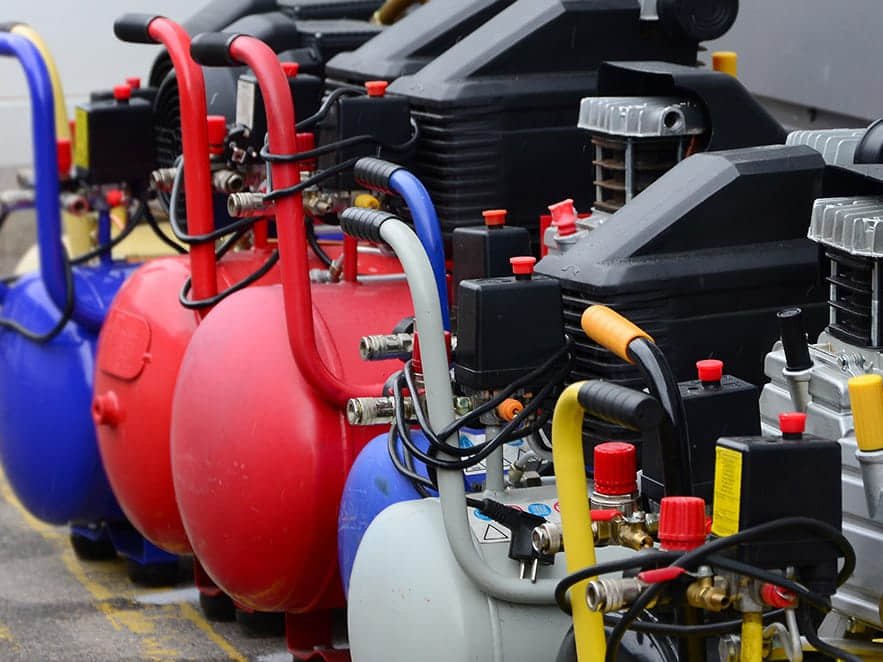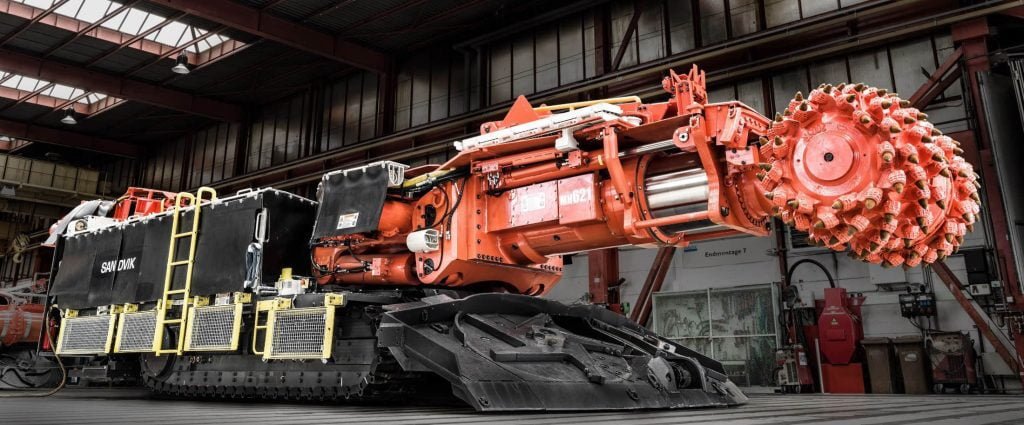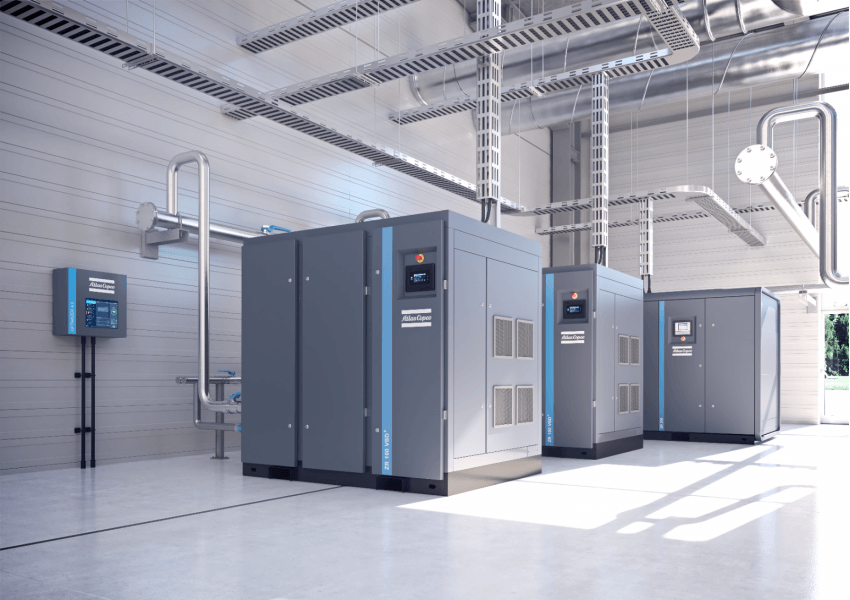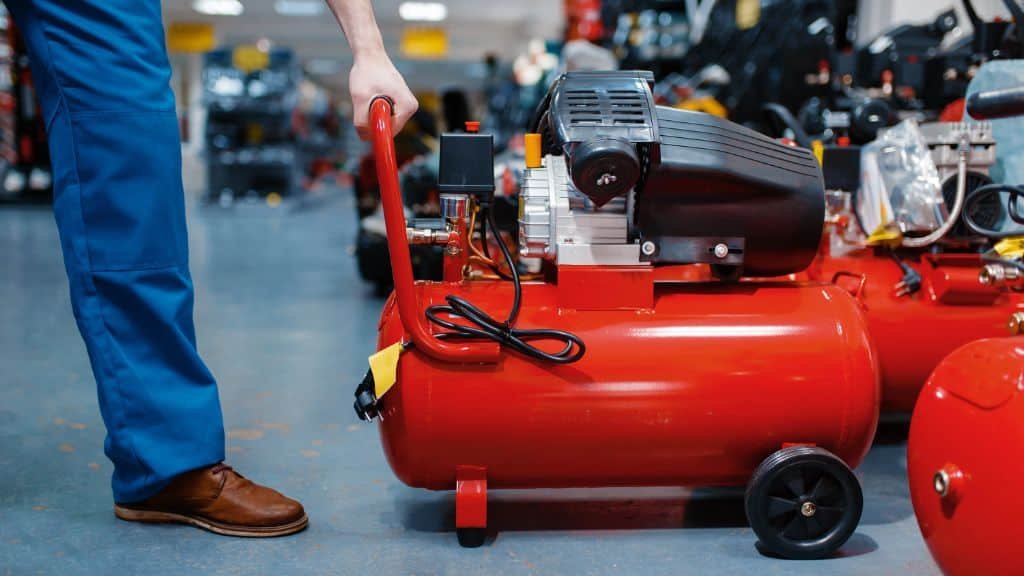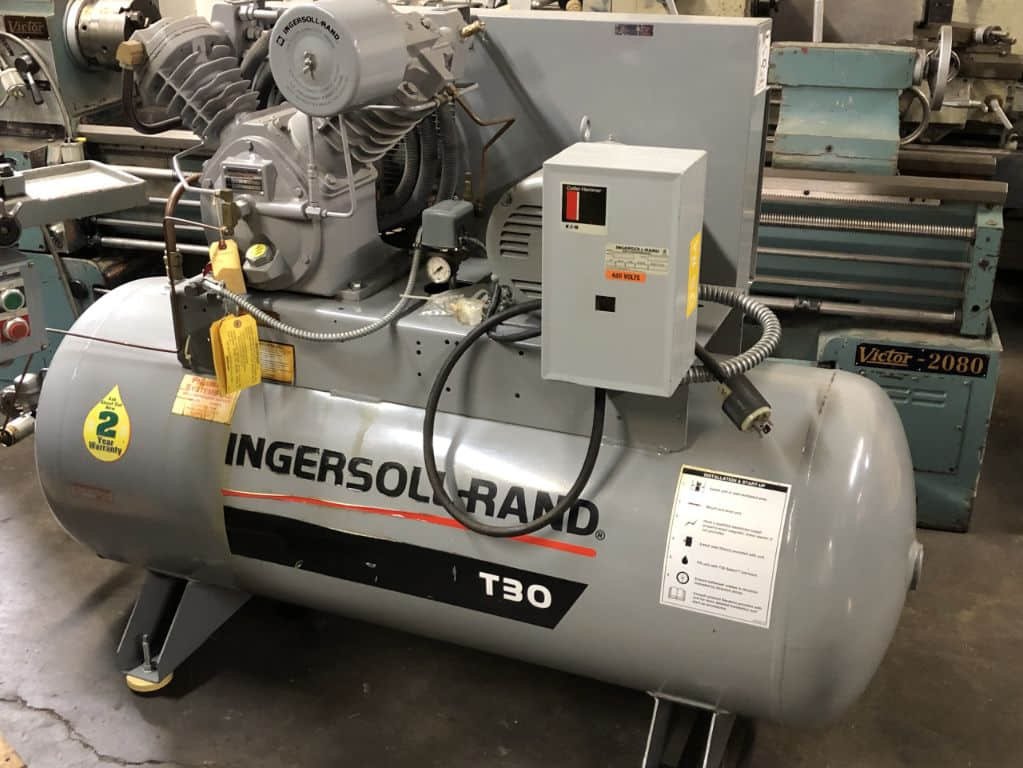Air compressors are versatile tools that can perform a multitude of tasks. However, the vast array of options available can often make the buying process seem daunting. This guide aims to simplify the process, providing you with the essential knowledge to make an informed decision.
Understanding Air Compressor Grades
Air compressors come in three main grades based on their capacity and applications: consumer, contractor, and commercial.
- Consumer Grade: These are the most basic models, designed for use in a garage or small workshop. They’re typically used for a single tool at a time.
- Contractor Grade: A step up from consumer grade, these compressors are portable and can power work site tools like nail guns and roadside repair tools.
- Commercial Grade: The highest tier, these compressors can power several tools at once, providing a steady supply of compressed air.
Single or Two-Stage Compressors?
The type of compressor you choose depends on your specific needs.
- Single-Stage Compressors: These are smaller models with a lower capacity, ideal for applications like air brushing in small shops and homes.
- Two-Stage Compressors: These are best suited for garages and manufacturing facilities, capable of running several air tools simultaneously. They have a higher price tag due to their larger capacity and double compression process.
Capacity and Delivery
The capacity and delivery of your compressor depend on four main factors:
- Pound-Force Per Square Inch (PSI): The higher the PSI value, the more compressed air a given tank size can hold.
- Cubic Feet Per Minute (CFM): This measures the possible air delivery, with higher values being more practical when attached to multiple tools.
- Horsepower (HP): The amount of power produced. A higher horsepower produces a greater PSI value.
- Tank Size: A larger tank size can hold a higher PSI value over longer durations.
Rotary Screw or Piston Compressors?
The choice between a rotary screw and a piston compressor depends on your specific needs and industry.
- Piston Air Compressors: Common in the automotive service industry, these compressors supply a lower air output delivery and lower air quality. They also generate more noise and operate at higher temperatures.
- Rotary Screw Compressors: Known for better reliability and air quality, these compressors require less maintenance. Despite a larger upfront cost, these units compensate for additional costs in the long run.
Power Source of the Air Compressor
The power source for your compressor can be electric, petrol engine-driven, or diesel. Each has its own advantages:
- Electric Air Compressors: These are quieter and can be used in places where proper ventilation is a consideration. However, they offer less power than their fossil fuel-driven counterparts and have constraints in outdoor uses.
- Petrol Engine-Driven Compressor: Typically lighter, quieter, and cheaper than a diesel model, these compressors provide more control over their engine. However, they cannot provide a comparable torque output to an equally-rated diesel model and come with higher running costs.
- Diesel Air Compressors: These are portable, work in adverse weather conditions, and are more powerful than any other model. Their robust nature and lower fuel cost compensate for a higher upfront cost.
In conclusion, choosing the right air compressor involves understanding your specific needs and the various factors that influence a compressor’s performance. By considering the compressor’s grade, type, capacity, delivery, and power source, you can make an informed decision that best suits your requirements.
FAQs
- What are the three main grades of air compressors?
The three main grades are consumer, contractor, and commercial, each suited to different types of applications. - What is the difference between single-stage and two-stage compressors?
Single-stage compressors are smaller and have a lower capacity, while two-stage compressors are larger, can run several tools simultaneously, and have a higher price tag due to their larger capacity. - What factors influence the capacity and delivery of an air compressor?
The capacity and delivery depend on the PSI, CFM, horsepower, and tank size. - How do rotary screw compressors differ from piston compressors?
Rotary screw compressors are known for better reliability and air quality and require less maintenance. Piston compressors, on the other hand, supply a lower air output delivery and lower air quality. - What are the advantages and disadvantages of electric, petrol engine-driven, and diesel air compressors?
Electric compressors are quieter but offer less power. Petrol engine-driven compressors are lighter and quieter but have higher running costs. Diesel compressors are portable and powerful but produce excess noise and toxic exhaust fumes.
